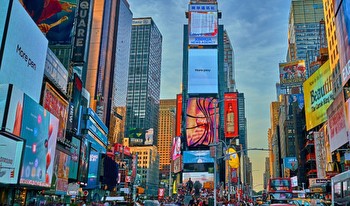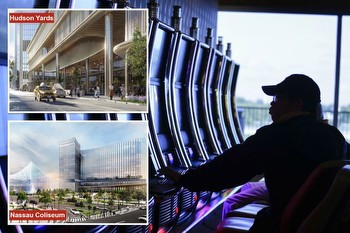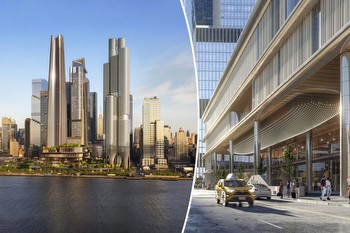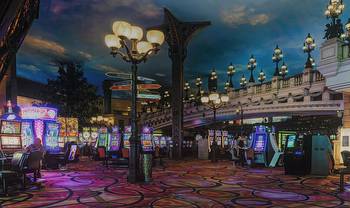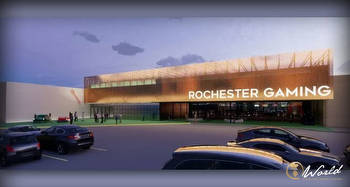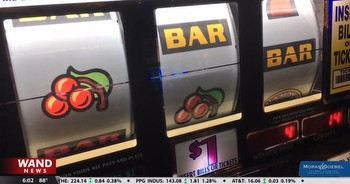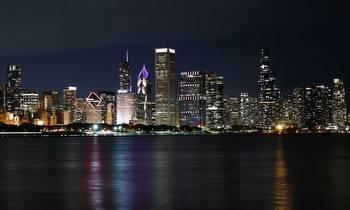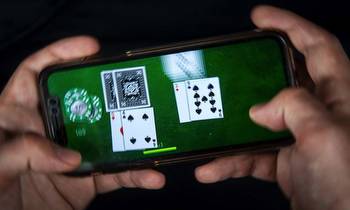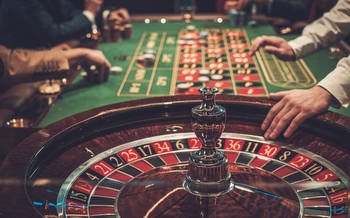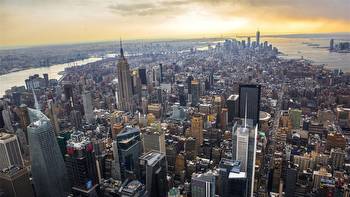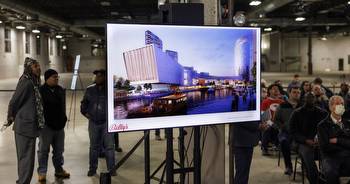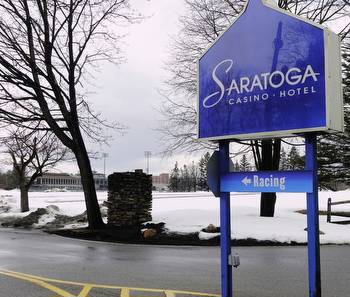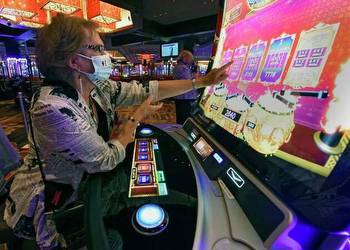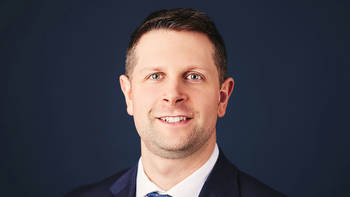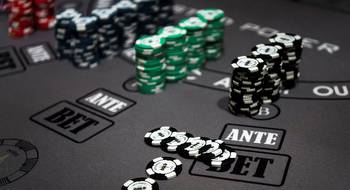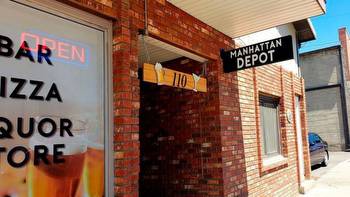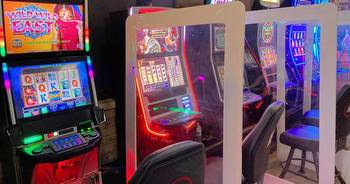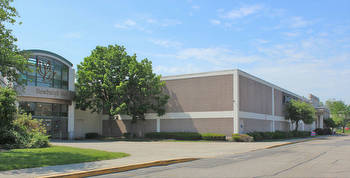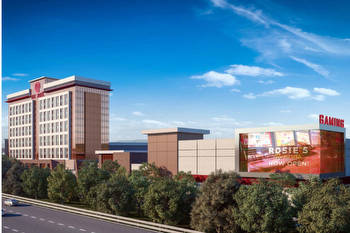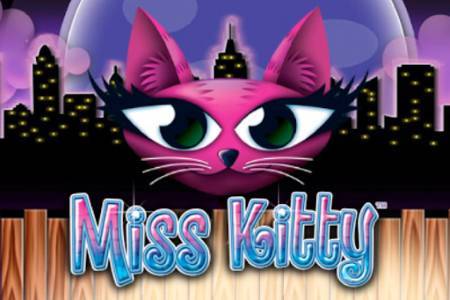Peru council talks potential gambling fees, limiting parlors

The Peru City Council discussed possible new gambling regulations at Tuesday night’s meeting, including potential fees and licensing requirements.
Corporate Counsel Scott Schweickert identified two main concerns the council discussed when the conversation began in May. First, the council expressed interest in increasing fees for video game licenses and terminals, and limiting the increase of businesses exclusively running video gambling parlors.
“This is a concern to a lot of people that we have so many (gaming parlors) already, I think a lot of our citizens don’t want more,” said Alderman Bob Tieman. “I don’t think anything (in the new regulations) is unreasonable, and I like that we’re taking at least a step to try to limit availability. There are plenty of places to gamble, we don’t need to have open season.”
The proposed ordinance would require new gaming parlors to go through an application process while existing parlors can continue operations as a nonconforming use, Schweickert said. Mayor Ken Kolowski would be in charge of reviewing any applications along with the zoning committee.
The ordinance would establish the requirements of a license application and requirements of other necessary licenses. Other licenses include a video game establishment license for a restaurant or other establishment, and a video gaming terminal operator license for those operations that lease gaming machines to businesses in the city.
The proposed ordinance would include annual fees associated with each license.
The video gambling establishment would pay a $500 liquor license fee and a $250 license fee. There would be a $250 fee per gaming machine that would be split in half with the terminal operator, in compliance with the Illinois Gambling Act.
The terminal operator annual license fee would be $5,000 and it permits the license holder to provide video gaming terminals to any location in the city. The maximum terminals allowed would be six per establishment.
From January to November 2022, 38 establishments in Peru with 206 machines generated a net income of $7,687,639, according to the Illinois Gaming Board. The city of Peru collected a share of $379,382 of that net income.
The potential regulations also define video gaming parlors and give the zoning department guidelines to categorize them. For example, if the gambling area is greater than the food seating area or merchandise, there’s no full service kitchen, at least 40% revenue is collected through gambling and the overall size is 1,000 square feet or less it can be designated a gaming parlor.
There would be location restrictions. New gambling parlors would be restricted from being within 2,000 feet from another parlor and restricted from being within 300 feet of schools, childcare centers, public parks, recreation centers and places of religious worship.
“I think we’re going to get better control over these parlors,” Kolowski said. “You’re not going to have one on every block downtown, taking up valuable retail space, that’s the main objective. I think these fees are really reasonable considering what other towns are charging, also.”
Alderman Tom Payton agreed, saying the fee costs are fair and he likes the potential regulations limiting new parlors.
Kolowski said he wants to hear thoughts from the public on the proposed regulations and hear feedback before the council votes on the matter in two weeks.
“If anybody is out there that wants to call in and talk to us or come to the next council meeting, feel free,” Kolowski said. “We’d appreciate their input.”
The next Peru City Council meeting will be at 7 p.m. Monday, Jan 16, at 1901 Fourth St.








